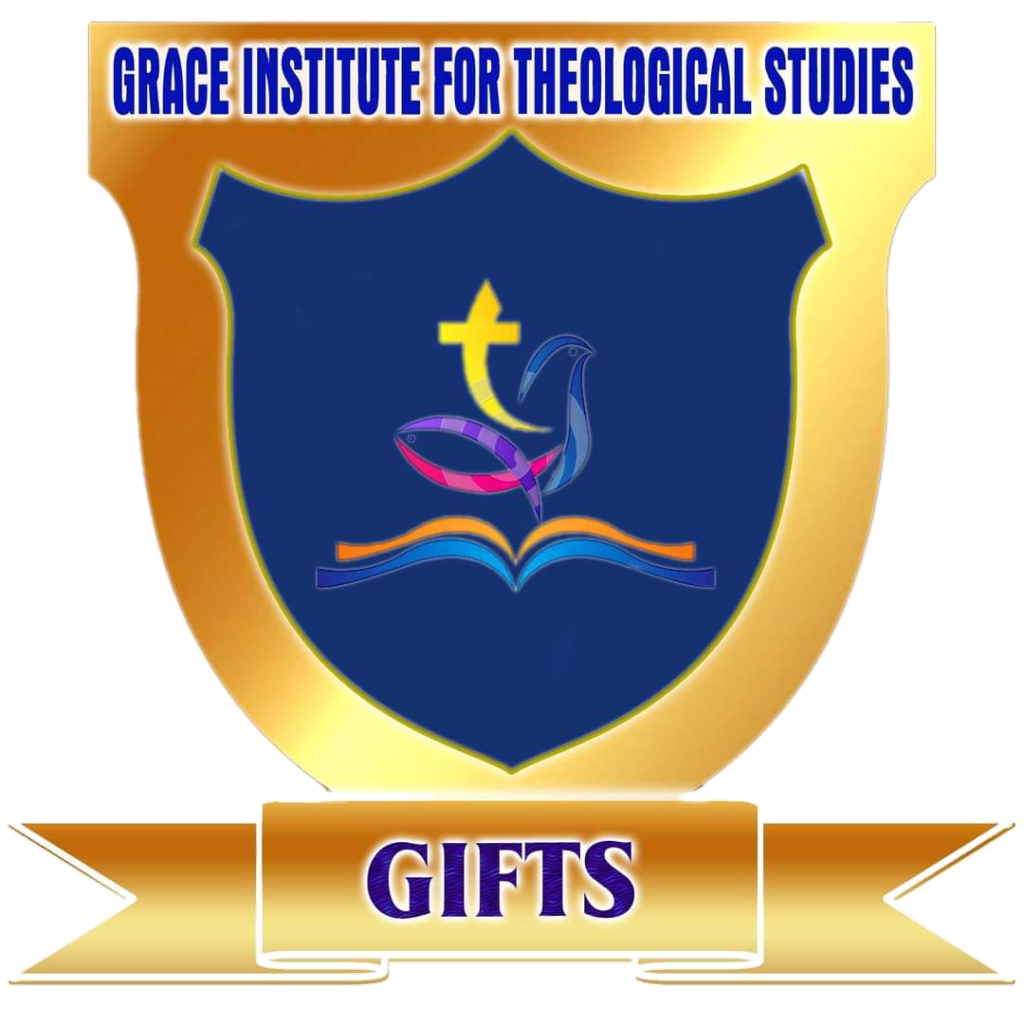Certificate in Biblical Studies
The Certificate in Biblical Studies is a foundational program focused specifically on the in-depth study of the Bible, including its historical context, languages, theology, and interpretation. This certificate is ideal for those who wish to develop a strong biblical foundation for personal growth, ministry, or as a stepping stone to further theological education.
Certificate in Biblical Studies Program
Duration:
- Typically ranges from 6 months to 1 year, depending on the institution and study mode (full-time, part-time, or distance learning).
Entry Requirements:
- A high school diploma or its equivalent is usually required.
- Some institutions may ask for a recommendation from a pastor or church leader, or a personal statement of faith.
Course Content:
The curriculum generally covers the following core areas:
- Introduction to the Old Testament: An overview of the Old Testament, including its historical context, structure, themes, and key theological concepts. This course covers the Pentateuch, historical books, wisdom literature, and prophetic writings.
- Introduction to the New Testament: A comprehensive study of the New Testament, focusing on the Gospels, Acts, Pauline Epistles, General Epistles, and Revelation. This course explores the life and ministry of Jesus Christ, the early church, and apostolic teachings.
- Biblical Hermeneutics: Study of principles and methods for interpreting the Bible, emphasizing historical-cultural, grammatical, and literary approaches to understanding biblical texts.
- Biblical Theology: Exploration of key theological themes within the Bible, such as covenant, kingdom of God, salvation, and the role of Israel and the church.
- Survey of Biblical Languages: An introduction to the basics of biblical Hebrew and Greek, enabling students to understand key terms and conduct basic word studies. Some programs may offer more extensive courses in one or both languages.
- Historical and Cultural Backgrounds of the Bible: Examination of the historical, cultural, and social contexts of the Bible. This course helps students understand the settings in which biblical events took place and the significance of those events.
- Intertestamental Period and Apocryphal Writings: Study of the period between the Old and New Testaments, including key historical events, writings (like the Apocrypha), and their influence on the New Testament.
- Biblical Archaeology: Introduction to the field of biblical archaeology, exploring how archaeological discoveries illuminate biblical history and affirm scriptural narratives.
- Christian Spiritual Formation: Focuses on personal spiritual development, emphasizing the application of biblical truths in daily living and ministry.
Assessment Methods:
- Methods may include written assignments, exams, quizzes, scripture memorization, and projects. Some programs may require a final project or research paper demonstrating biblical exegesis and interpretation skills.
Mode of Study:
- Available in online for those engaged in full-time ministry or secular work.
Career and Ministry Opportunities:
- Graduates can serve in various roles within their churches and communities, such as Bible study leaders, Sunday school teachers, lay ministers, evangelists, or missionaries. It is also a valuable qualification for those pursuing further theological education.
Accreditation and Recognition:
- Choosing a program accredited by a reputable theological accrediting body is important. Accredited programs ensure high standards of education and are often more respected by churches and ministry organizations.
